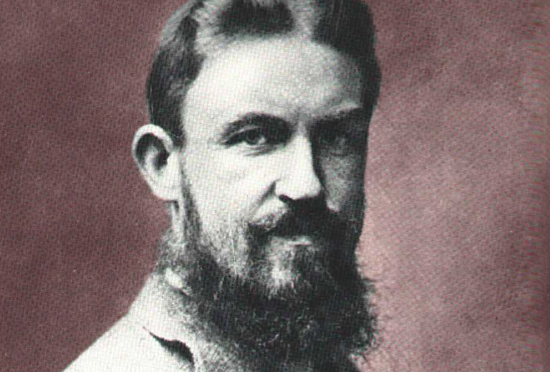
Shaw had attended a performance of puppets four days earlier at the home of Alfred Powell, an architect who was active in the arts and crafts movement. Here, he makes light of the spectacle’s forced mediocrity, calling into question the entire dubious aesthetic.
Ayot St. Lawrence. Welwyn
5th April 1916
Dear Sir
I went to see the puppets, and missed the most important thing in a theatre: the pay box. I walked in; took the front seat; saw the show through; and no man took round the hat to me nor challenged me.
The puppets were very dainty; but why all this humbug of illiteracy and vagabondism? Why should people who know better put forward doggerel instead of literature, or utter the parts of young girls in mature voices pretending to squeak instead of finding girls with touching voices to speak the lines? It is silly to waste so much labor on a bad joke. Take it seriously; and try to make every bit of it pretty or witty; and something may come of it. But an educated family playing at being Clunn Lewis is folly. The real puppet showmen are the most respectable vagabonds in the world, always striving for distinction, always on their guard against Bohemianism—lowness, they properly call it. Unless educated people start from their higher level with the same strenuousness, the result can be nothing more than a lark with only novelty and a goodnatured but stalely make-believe on the part of the audience can give even momentary success. You cannot keep the thing up on such lines. Nobody will want to go again
yours faithfully
G. Bernard Shaw


